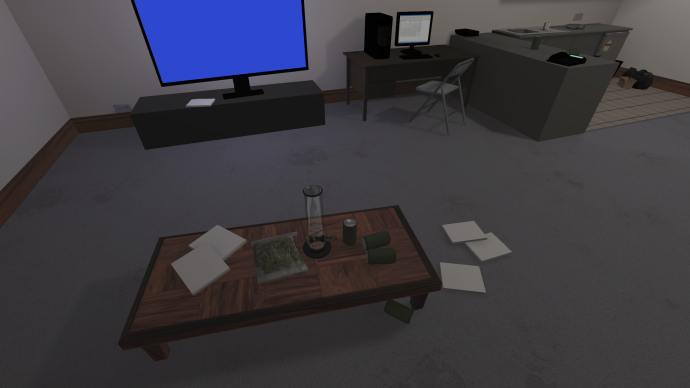max edits all the essays i write. everybody say hi to max, big round of applause to max, give lots of thanks to max. THANK YOU MAX
he put in a request though to do a little exposition on a common idea vextro treads on and around. we bring up like, games not being quite coherent and games not living up to an expressed potential. the best shorthand for addressing all of this is a statement starts to become a mantra. developers (or just as often inverse, gamers in interpretation) lacked the proper videogame literacy, and that’s why a game is. this a lot of assumed knowledge for my audience, and a lot of universalizing a concept that has no center, no core, no place of education. or I mean, you can’t go learn videogame literacy, so what we’re actually saying is that they “don’t understand videogames as well as we do” and that is pompous as shit. i don’t want to create hierarchies. i want this to be easily understood, i want it to be hopefully an accessible concept. i’m not the best at clarity, but i’ll put in an effort to explaining on my terms.
a lot of this is just paying forward ideas lana polanksy wrote in a response to ludonarrative dissonance as a concept making the rounds again. it hasn’t made the rounds much since. coherence versus incoherence is a really clear and direct model for a critic to adopt, though it’s usefulness is tied up with a critic’s desire to ascribe meaning or value to a work. which I mean fuck it, that’s what most gameswriters do anyway, so it’s a good model. my friend becky applied the framework what is a most comprehensive way, it flat out works, and it’d be nice to see a lot more people shifting away from the nebulous “the videogame is good because it makes me feel good” and “the videogame is good because it’s appealing to the market” toward “this videogame is meaningful because of precedents in art and history, and I can prove it”



